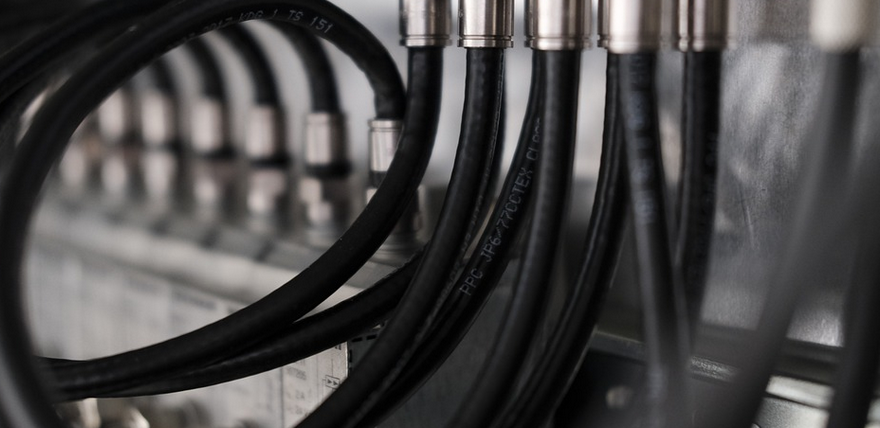Understanding the Importance of Regular Transmission Fluid Changes
Imagine a well-oiled machine, working smoothly and seamlessly without any hiccups or breakdowns. That’s what your transmission should be like! Transmissions are complex components that constantly work under extreme conditions, transferring power from the engine to your wheels. This constant friction creates wear and tear on vital moving parts, leading to increased heat and potential damage if left unattended. That’s where regular fluid changes come into play.
Transmission fluid acts like the lifeblood of your transmission, lubricating gears, bearings, and other crucial components. Over time, this fluid degrades due to exposure to high temperatures and friction. As it deteriorates, it can cause clutch slippage, sluggish performance, increased wear on engine parts, and ultimately, costly repairs.
The good news is that regular transmission fluid changes are relatively affordable maintenance procedures that extend the life of your Kia’s transmission for years to come.
How Often Should You Change Your Kia Transmission Fluid?
There isn’t a one-size-fits-all answer to this question, as factors like driving habits and climate play a significant role in determining how often you need to change your fluid. However, the general recommendation for most modern Kia models is every 30,000 to 60,000 miles or every two years, whichever comes first.
For those with heavy-duty driving habits, especially if you frequently tow trailers or haul heavy loads, it’s crucial to consult your owner’s manual for a more precise recommendation. These vehicles generally require fluid changes sooner to ensure optimal performance and longevity.
What Factors Impact the Cost of a Kia Transmission Fluid Change?
The cost of a transmission fluid change can vary depending on several factors: location, labor charges, specific fluids needed, and the complexity of your Kia’s transmission. However, it is generally affordable compared to other major repairs.
Here are some common factors that influence transmission fluid change costs:
- **Location:** Labor rates vary significantly across different regions and cities. Larger metropolitan areas often have higher labor costs due to increased demand and competition.
- **Dealer vs. Independent Mechanic:** Dealerships typically charge a premium for their services, while independent mechanics may offer competitive pricing.
- **Type of Transmission Fluid:** Different fluids have varying viscosities and cost. Synthetic fluids usually cost more than conventional fluids.
- **Complexity of the Vehicle:** The complexity of your Kia’s transmission system influences the labor time required. Some vehicles, particularly those with manual transmissions or specialized clutches, may require additional expertise.
Estimating A Kia Transmission Fluid Change Cost
To get a closer look at how much you might be spending on a transmission fluid change, here’s a rough estimate based on average costs in the United States: A basic fluid change for most modern Kia models typically falls within the range of $150 to $300.
However, it’s crucial to remember that individual pricing can fluctuate depending on factors mentioned earlier.
Tips for Saving Money on Kia Transmission Fluid Changes
While regular maintenance is essential, you can still save money on transmission fluid changes by exploring these options:
- **Shop Around:** Contact multiple repair shops or dealerships to obtain quotes. Don’t be afraid to ask about discounts or special offers.
- **DIY:** With your Kia manual in hand, you can familiarize yourself with the process and save money by performing some tasks like draining and refilling the transmission fluid yourself.
- **Consider Synthetic Fluids:** While they cost more upfront, synthetic fluids typically offer longer-lasting protection than conventional fluids.
- **Regular Maintenance Schedule:** Sticking to your Kia’s recommended maintenance schedule will help you avoid larger repairs and extend the life of your transmission fluid.
Final Thoughts:
Taking care of your Kia’s transmission is a crucial aspect of maintaining its performance and longevity. Regular transmission fluid changes ensure optimal functionality, protect your engine components, and ultimately save you time and money down the line. While costs can vary depending on multiple factors, staying informed about potential challenges and taking preventive measures ensures a smoother driving experience.



